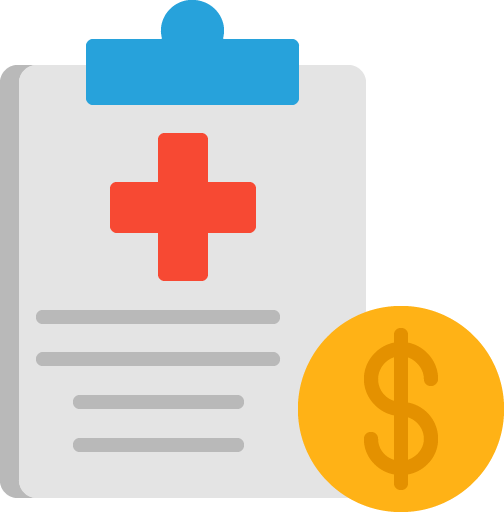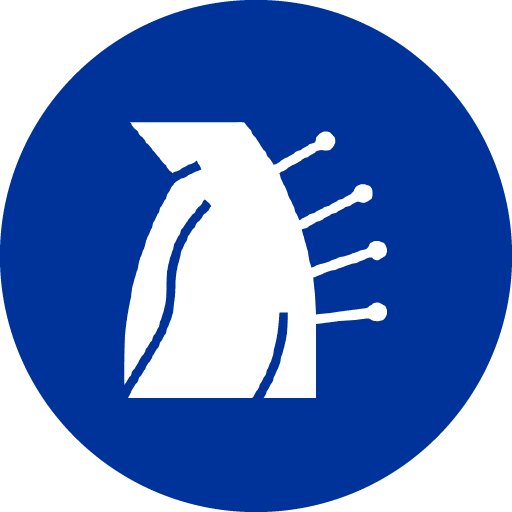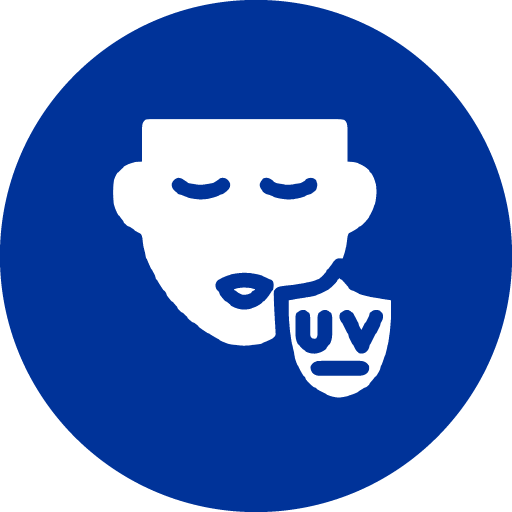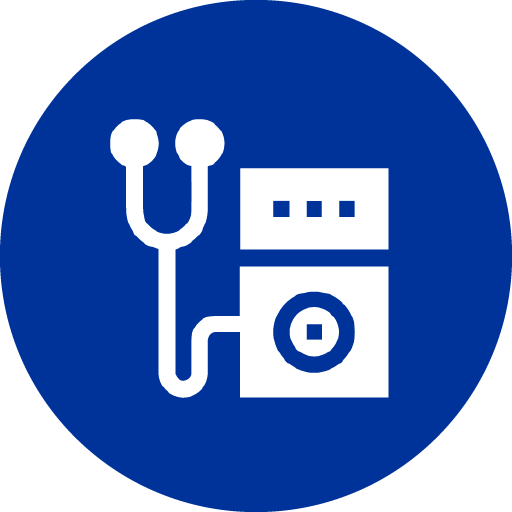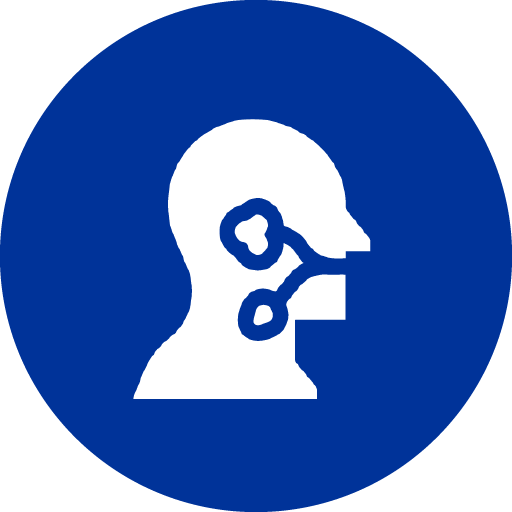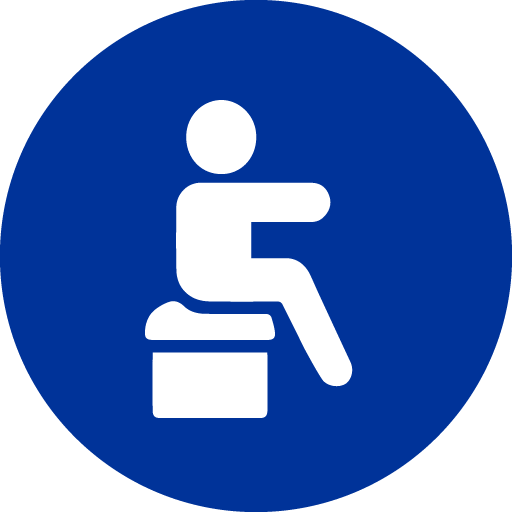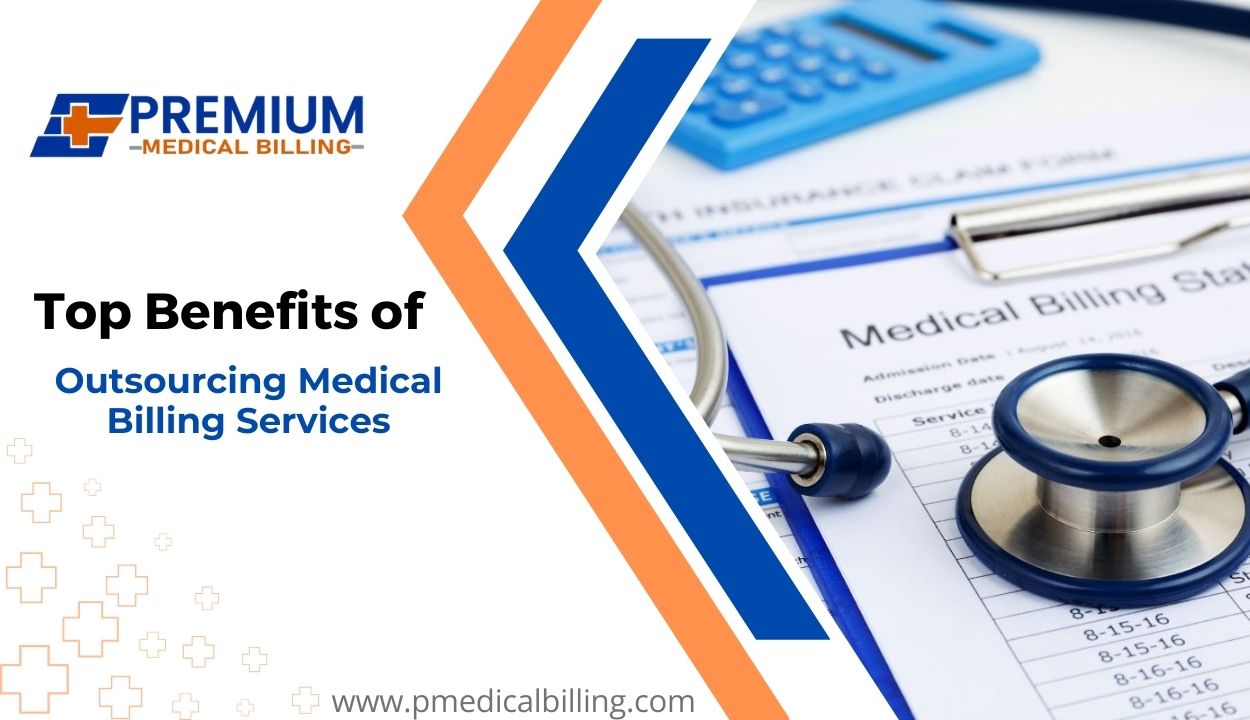In the competitive healthcare landscape, enhancing profitability is a key priority for healthcare providers. However, with rising operational costs, complex regulations, and the challenges of maintaining high-quality patient care, improving financial performance can be difficult. One of the most effective ways to drive profitability while ensuring patient satisfaction is through Revenue Cycle Management (RCM).
Revenue Cycle Management is a critical process that encompasses the entire lifecycle of a patient’s financial interaction with healthcare providers, from the moment an appointment is scheduled to the final payment of medical bills. It includes various interconnected processes such as medical billing services, medical coding, claims processing, payment collections, and managing denied claims. Leveraging sophisticated billing software and best practices can make RCM more efficient and significantly boost the financial health of any healthcare organization.
In this article, we will delve into how Revenue Cycle Management can enhance profitability for healthcare providers, the integral role of medical billing services and medical coding, and the impact of advanced billing software on optimizing the entire revenue cycle.
What is Revenue Cycle Management (RCM)?
At its core, Revenue Cycle Management is the process that healthcare providers use to track patient care from initial registration to the final payment of their medical bills. It encompasses various financial and administrative functions, such as patient scheduling, insurance verification, medical billing, coding, claims management, payment posting, and accounts receivable management.
The primary goal of RCM is to ensure that healthcare providers are paid promptly and accurately for their services. Effective RCM ensures that healthcare organizations can maintain a steady cash flow while minimizing claim rejections and denials.
A well-structured RCM system allows healthcare providers to focus on what matters most: delivering excellent patient care while keeping operational costs low and revenues high.
The Role of Medical Billing Services in Revenue Cycle Management
Medical billing services are an essential part of Revenue Cycle Management. They serve as the bridge between healthcare providers and insurance companies or patients, ensuring that all services provided are billed correctly and that healthcare organizations are reimbursed for their work.
The billing process begins once a patient receives healthcare services. Medical billing specialists work with medical coders to translate the patient’s treatment, diagnosis, and procedures into standardized codes using systems such as ICD-10 and CPT. these codes are then used to submit claims to insurance companies for payment.
1. Accurate Claims Submission
One of the key functions of medical billing services is ensuring that claims are submitted accurately and in compliance with insurance company policies. Errors in claim submission can result in delays, underpayments, or denials, which negatively impact cash flow.
A proactive billing team ensures that all the necessary patient information, insurance details, and procedure codes are included in the claim submission. This reduces the risk of denied claims and allows healthcare providers to receive payments faster.
2. Claim Denial Management
Denied claims are one of the most significant challenges healthcare providers face. Medical billing services play a critical role in managing claim denials. By analyzing denial trends and addressing the root causes of these rejections, billing specialists can identify patterns and implement corrective actions. This improves the likelihood of successfully resubmitting claims and securing reimbursement.
Medical Coding: The Backbone of Revenue Cycle Management
Medical coding is a foundational aspect of Revenue Cycle Management. Coders are responsible for translating patient diagnoses, treatments, and services into universally accepted alphanumeric codes that are used for billing purposes. These codes are critical because they determine how much healthcare providers are reimbursed for their services.
1. The Importance of Accurate Medical Coding
Accurate medical coding is essential for the success of any RCM system. Incorrect or incomplete coding can lead to claim denials, underpayments, or audits from insurance companies. Additionally, incorrect coding can have legal implications, especially in cases of coding fraud or non-compliance with healthcare regulations.
To ensure accurate coding, healthcare providers should invest in experienced coders or outsource coding to specialized medical coding services. Coders must stay up-to-date with changes in coding guidelines and regulatory updates to maintain compliance and maximize reimbursement.
2. ICD-10 and CPT Codes
The two primary coding systems used in healthcare are ICD-10 (International Classification of Diseases) and CPT (Current Procedural Terminology). ICD-10 codes are used to classify diagnoses, while CPT codes are used to describe medical procedures and services.
Ensuring that the correct codes are applied to each claim is essential for minimizing errors and ensuring that healthcare providers receive the full payment they are entitled to. Coders must understand both coding systems and be familiar with payer-specific coding rules to maximize the efficiency of the revenue cycle.
The Role of Billing Software in Optimizing RCM
In today’s digital age, advanced billing software has become a game-changer in Revenue Cycle Management. From automating routine billing tasks to offering insights into financial performance, billing software is essential for optimizing the RCM process and enhancing profitability.
1. Automation of Billing Processes
One of the most significant advantages of billing software is the automation of routine billing tasks. Software solutions can automatically generate invoices, process payments, and track outstanding balances. Automation significantly reduces the administrative burden on healthcare staff and minimizes the risk of human error.
By automating these processes, healthcare providers can increase the speed and accuracy of billing. Leading to quicker reimbursements and fewer delays. Additionally, automation frees up staff time, allowing them to focus on more strategic tasks. Such as analyzing denial trends or improving patient engagement.
2. Real-Time Analytics and Reporting
Another key benefit of billing software is the ability to provide real-time insights into the financial health of a healthcare organization. Billing software solutions offer comprehensive reporting and analytics features. That allow providers to track claim statuses, patient payments, outstanding balances, and more.
Real-time reporting empowers healthcare providers to make data-driven decisions. Such as identifying areas of revenue leakage, spotting trends in claim denials, and improving patient collections. With detailed reports, providers can optimize their revenue cycle and maximize cash flow.
3. Integration with Medical Billing and Coding
The best billing software solutions integrate seamlessly with medical billing services and medical coding tools. This integration ensures that coding is accurate before claims are submitted, reducing the risk of denied or underpaid claims.
By using an integrated system, healthcare providers can streamline the entire revenue cycle, from the moment. A patient is scheduled for an appointment to the final payment of their medical bills. This reduces the time it takes to get paid and improves the overall efficiency of the healthcare organization.
How Revenue Cycle Management Enhances Profitability
1. Faster Payments and Improved Cash Flow
One of the primary benefits of a well-structured Revenue Cycle Management system is improved cash flow. By automating billing processes, reducing coding errors, and minimizing claim denials, healthcare providers can receive payments faster. Timely payments ensure that the organization maintains a healthy cash flow, which is essential for covering operational costs and investing in patient care.
2. Reduced Administrative Costs
By leveraging advanced billing software and outsourcing medical billing services, healthcare providers can significantly reduce administrative costs. Automation reduces the need for manual data entry. While outsourcing billing and coding to specialists eliminates the need for in-house staff. These cost savings allow providers to allocate resources more efficiently and invest in other areas of their practice.
3. Maximizing Reimbursement Rates
Effective Revenue Cycle Management maximizes reimbursement rates by ensuring that claims are submitted accurately and on time. With accurate medical coding and automated claim submission, providers can reduce the risk of underpayments and increase their revenue.
Additionally, by managing denials proactively and addressing the root causes of rejected claims. RCM systems ensure that providers are paid the full amount they are entitled to for their services.
4. Improved Compliance and Reduced Risk
Healthcare regulations are constantly evolving, and non-compliance can lead to significant financial penalties or legal action. Revenue Cycle Management ensures that healthcare providers stay compliant with regulatory requirements by ensuring that claims are coded correctly and submitted in accordance with payer rules. This reduces the risk of audits, fines, and legal issues.
Additionally, RCM systems provide a clear audit trail of all financial transactions, ensuring transparency and accountability in the billing process.
5. Enhanced Patient Satisfaction
A well-functioning RCM system also improves patient satisfaction. By offering clear billing statements, multiple payment options, and self-service portals, patients have more control over their financial interactions with healthcare providers. This transparency and ease of payment enhance the overall patient experience, leading to increased patient retention and loyalty.
The Future of Revenue Cycle Management
As the healthcare industry continues to evolve. Revenue Cycle Management will play an even more critical role in maintaining the financial stability of healthcare organizations. The integration of billing software with artificial intelligence (AI). And machine learning (ML) technologies will further automate the RCM process, providing even greater efficiencies and cost savings.
AI-powered analytics will enable healthcare providers to predict claim denials before they happen. While machine learning algorithms can optimize medical coding by identifying patterns in coding errors and suggesting corrective actions. These technologies will help healthcare organizations stay ahead of the curve and ensure that their revenue cycles remain optimized.
Conclusion
In today’s complex healthcare environment, effective Revenue Cycle Management is essential for enhancing profitability and maintaining financial stability. By leveraging advanced medical billing services, accurate medical coding, and state-of-the-art billing software, healthcare providers can optimize their revenue cycles, improve cash flow, and reduce operational costs.




